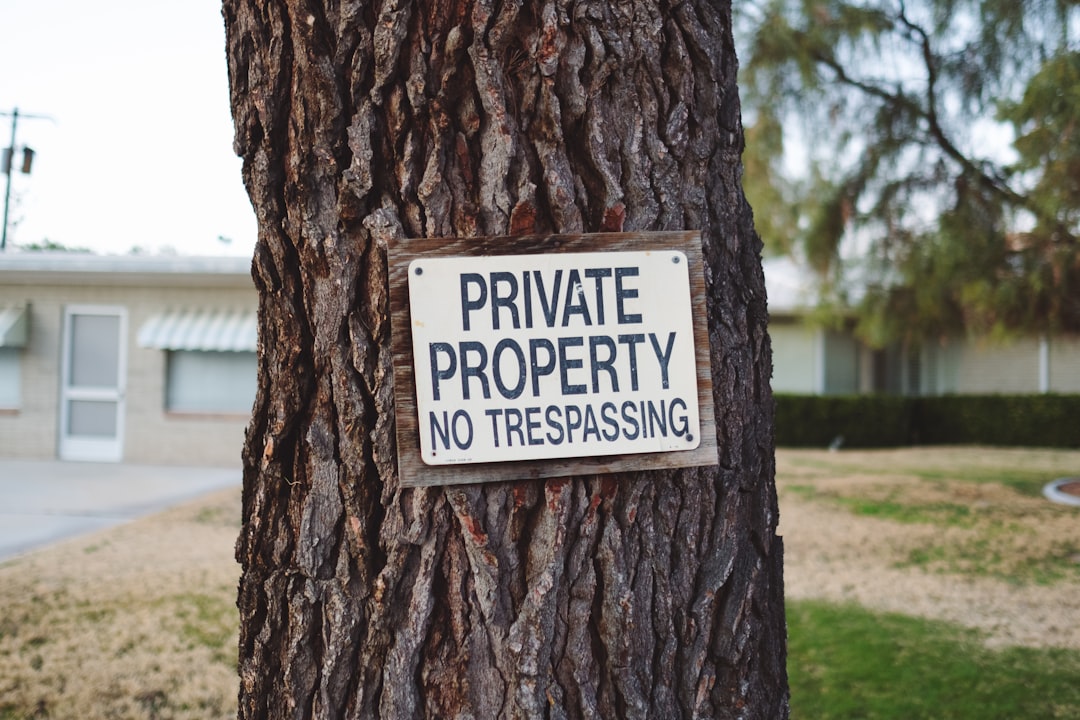What is it about?
In 2015, new legislation made particular kinds of misconduct by jurors (mainly concerning online research) 'indictable' offences. This means such jurors will be tried by a new jury, rather than being tried by a judge for contempt of court. This article looks at records held at the National Archives in London in order to understand the circumstances in which jurors have, historically, been punished for misconduct. It argues there have traditionally been two types of misconduct: 'judicial' offences, which are those which relate to the verdict itself; and 'ministerial' offences, which involve a juror's other responsibilities, such as arriving at court on time, which do not involve a 'judicial' discretion. What this research has found is that jurors are extremely unlikely to have been punished for misconduct of a 'judicial' nature, such as giving a verdict which is obviously wrong, but that misconduct of a 'ministerial' nature has been punished much more frequently. For offences somewhere between the two extremes, such as jurors being bribed or meeting with people connected to the trial, jurors have been punished more frequently than in extreme 'judicial' cases, but less frequently than in straightforward 'ministerial' cases. The closer juror misconduct comes to the actual formation of a verdict, therefore, the less likely it has historically been that they will be punished. As the new offences concern independent research carried out by jurors, it is therefore unlikely that the new offences will be used very often.
Featured Image
Why is it important?
When the new offences were created in 2015, they were justified in part by the argument that prosecutions for these new crimes would send a message to future jurors that they must behave themselves, specifically that they must not carry out their own research online. By showing that jurors have, in the past, been unlikely to be punished for offences concerning their verdict or deliberations, this article suggest this may be the wrong approach.
Read the Original
This page is a summary of: Before the Criminal Justice and Courts Act 2015: juror punishment in nineteenth- and twentieth-century England, Legal Studies, June 2016, Cambridge University Press,
DOI: 10.1111/lest.12098.
You can read the full text:
Contributors
The following have contributed to this page










